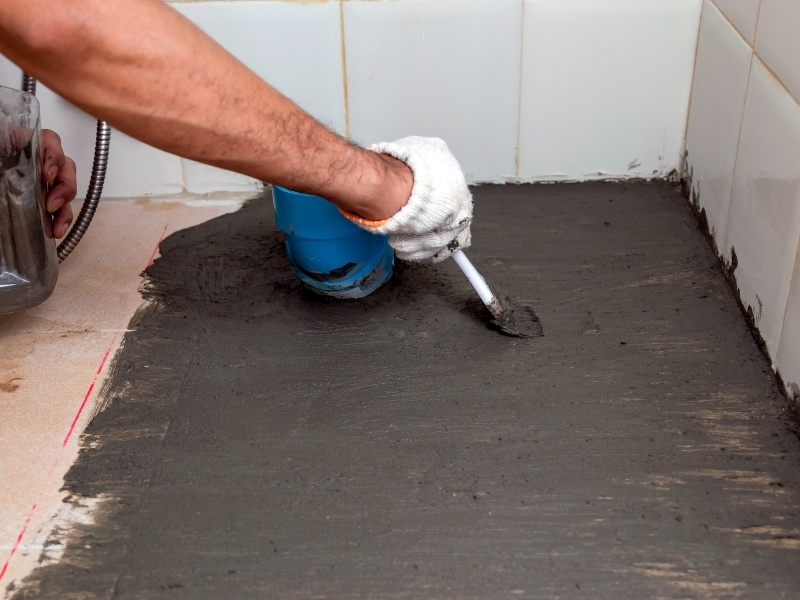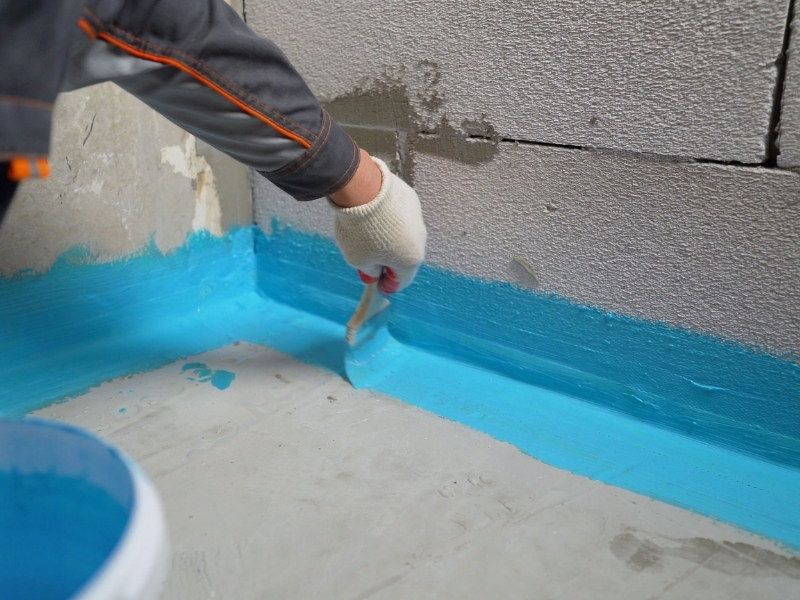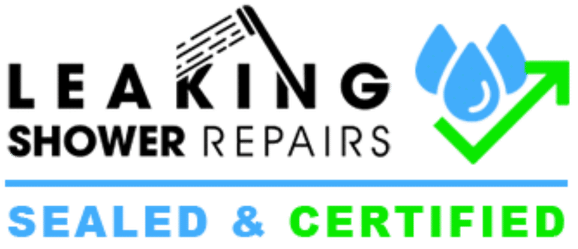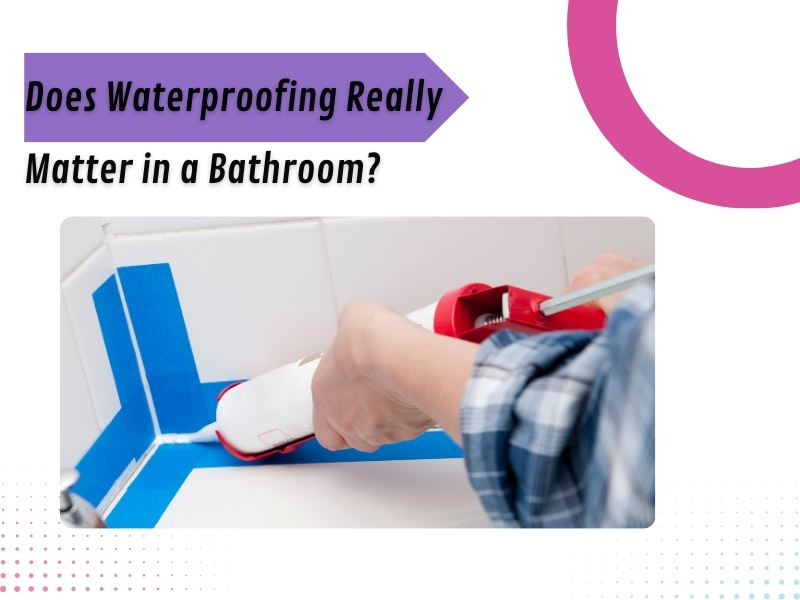Waterproofing a bathroom might not be the most glamorous topic. Still, it plays a crucial role in maintaining the integrity of homes. For homeowners in Sydney and property managers alike, understanding the importance of waterproofing can save them from costly repairs. This article emphasizes the importance of waterproofing, offers insights into recognizing bathroom waterproofing problems, and provides actionable steps to maintain a dry and functional bathroom environment.
What is waterproofing a bathroom, and why is it important?
Waterproofing involves applying a barrier to bathroom surfaces to prevent water from penetrating. This process is essential because bathrooms are high-moisture areas where water can easily escape and cause damage. Without proper waterproofing, residents risk issues like mould, mildew, and structural damage, which can be unhealthy and expensive.
Key Reasons Waterproofing is Important:
- Prevents water damage: It protects walls, floors, and fixtures from moisture.
- Healthier environment: It reduces the growth of mould and mildew, creating a healthier living space.
- Increases property value: A well-waterproofed bathroom is more attractive to potential buyers.
- Cost savings: It prevents expensive repairs related to water damage.
How do you know if a bathroom needs waterproofing?
Identifying the signs that a bathroom needs waterproofing can save homeowners significant headaches. Here are some indicators:
- Visible mould or mildew: Moulding on tiles, walls, or ceilings is a clear sign of excess moisture.
- Peeling paint or wallpaper: This can indicate water damage behind the walls.
- Cracked or missing grout: Damaged grout can allow water to seep through and cause issues.
- Damp or smelly areas: Persistent dampness can signal hidden leaks or inadequate waterproofing.
- Floor water pooling: If water collects in certain areas, it may suggest that the waterproofing isn’t malfunctioning.
What are the benefits of waterproofing a bathroom?
Waterproofing offers numerous benefits, making it a worthwhile investment for any bathroom renovation or repair project. Here are some key advantages:
- Enhanced durability: Proper waterproofing extends the life of bathroom materials.
- Improved safety: It reduces the risk of slips and falls due to wet floors.
- Odour reduction: It keeps dampness at bay, preventing unpleasant smells.
- Easier maintenance: A waterproof bathroom is easier to clean and maintain.
- Increased comfort: A drier bathroom is generally more comfortable to use.
What materials are needed for waterproofing a bathroom?

Knowing the necessary materials is essential for those considering a DIY waterproofing project. Here’s a list to get started:
- Waterproof membrane: A flexible material that acts as a barrier against moisture.
- Sealant: Used to fill gaps around fixtures, tiles, and corners.
- Grout: Waterproof grout should be used for tiles.
- Primer: Prepares surfaces for the waterproof membrane.
- Caulking gun: For precise application of sealant.
How to properly waterproof a bathroom?
If you’re confident in your DIY skills, then follow this step-by-step guide to waterproofing a bathroom:
- Prepare the area: Clean surfaces thoroughly and remove old caulk and grout.
- Apply primer: Use a suitable primer on all surfaces to ensure good adhesion.
- Install the waterproof membrane: Roll out and apply the membrane to ensure no gaps.
- Seal around fixtures: Use sealant around taps, showerheads, and other fixtures.
- Tile and grout: Lay tiles over the membrane and use waterproof grout to fill the gaps.
What common mistakes should be avoided when waterproofing a bathroom?
Avoiding mistakes during the waterproofing process is crucial for success. Here are some common pitfalls to watch out for:
- Skipping surface preparation: Failing to clean or prime surfaces can lead to adhesion issues.
- Not overlapping membrane: Ensure the membrane overlaps to prevent water from seeping through.
- Ignoring corners and edges: Pay special attention to corners, as they are prone to leaks.
- Using incompatible materials: Ensure all products are compatible with each other.
- Rushing the process: Taking the time to ensure everything is applied correctly is essential.
When should a professional be hired to waterproof a bathroom?
There’s no shame in calling in the pros if things get too tricky. Consider hiring a professional with a waterproofing license if:

- Uncertainty about the process: If they need more confidence in their waterproofing ability, it’s better to leave it to the experts.
- Extensive water damage: A professional can appropriately assess and address significant damage.
- Complex bathroom layout: Intricate designs may require expert techniques for effective waterproofing.
- Limited time: If busy schedules prevent DIY, hiring someone might be the most practical solution.
How can a bathroom’s waterproofing be maintained over time?
Maintaining a waterproofed bathroom is essential to ensure its longevity. Here’s how to keep it in top shape:
- Regular inspections: Check for cracks, peeling, or mould every few months.
- Prompt repairs: Fix any issues as soon as they arise to prevent more significant problems.
- Clean surfaces: Regularly clean tiles and grout to remove soap scum and dirt that can degrade waterproofing.
- Use appropriate cleaning products: Avoid harsh chemicals that could damage waterproofing materials.
- Ensure proper ventilation: Good airflow helps prevent moisture build-up, reducing the risk of damage.
What are the costs associated with waterproofing a bathroom?
The costs of waterproofing a bathroom can vary based on several factors, including:
- Size of the toilet: Larger spaces require more materials and time.
- Materials used: High-quality materials may have a higher initial cost but offer better protection.
- DIY vs. professional: Hiring a professional can increase costs but often ensures a higher-quality result.
- The extent of repairs needed: Extensive repairs before waterproofing will add to the overall cost.
Protect a bathroom and home with proper waterproofing.
Waterproofing a bathroom isn’t just a luxury; it’s a necessity. Proper waterproofing protects homes from water damage, improves living environments, and enhances property value. It’s a worthwhile investment whether you tackle the job yourself or discover how expert waterproofing services can protect your bathroom.
Leaking Shower Repairs Australia offers a comprehensive range of bathroom services, including fixing leaking showers, renovating bathrooms, sealing and caulking, tile grouting, tiling, and waterproofing. As a result, homeowners can trust their team to maintain safe, dry, and beautiful bathrooms. Contact Leaking Shower Repairs Australia today for expert advice or assistance in keeping your bathroom in top shape.

